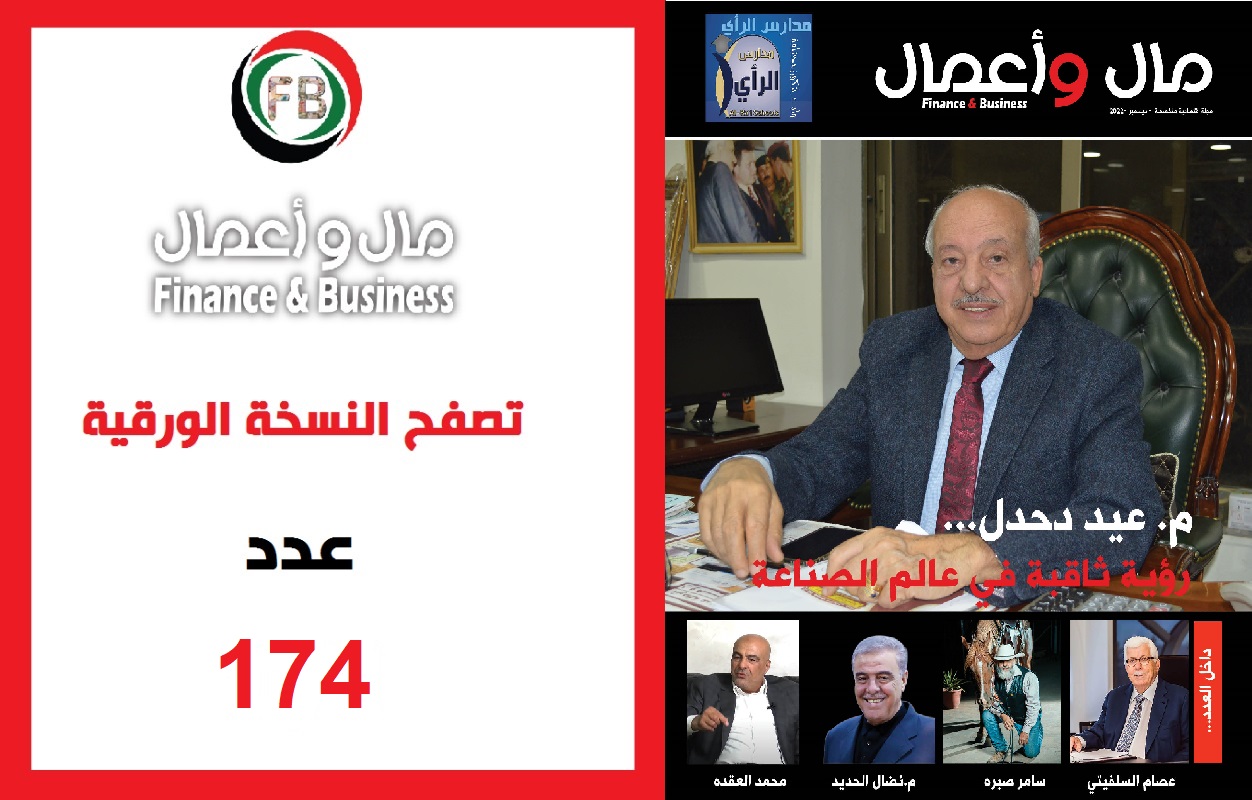
HE Saeed Mohammed Al Tayer, MD & CEO of Dubai Electricity and Water Authority (DEWA), has inaugurated the Smart and Sustainable Transportation Summit in Dubai. Several officials from the government and private sector from the UAE and the region are taking part in the two-day summit at the Le Méridien Dubai hotel.
“Thank you for organising The Smart & Sustainable Transportation Summit in Dubai, the ambitious city that has made great progress in becoming a smart city and aims to make 25% of the total transportation in Dubai autonomous by 2030, as per the Dubai Autonomous Transportation Strategy, which was launched last year by His Highness Sheikh Mohammed bin Rashid Al Maktoum, Vice President and Prime Minister of the UAE and Ruler of Dubai. The strategy aims to make Dubai a sustainable place to live in, where future generations enjoy the best smart services. It is one of the main pillars to achieve a sustainable economy for the UAE as it is expected to bring AED 22 billion in annual economic savings and revenues. It will also contribute to achieving the Dubai Plan 2021 to make Dubai a smart, integrated, and connected city whose environmental elements are clean, healthy, and sustainable. Dubai intends to become the first city in the world to use the Hyperloop technology to transport passengers and goods, through high-speed vehicles in low-pressure tunnels, using less energy, without direct carbon emissions,” said Al Tayer in his keynote speech.
Al Tayer noted that according to a report released by the United States Environmental Protection Agency, the transportation sector is one of the largest contributors to Greenhouse Gas (GHG) emissions, representing 27% of total US GHG in 2015. The same report indicates that light-duty vehicles were the largest category within the sector, with 60% of GHG emissions. This is why the shift to using electric and hybrid vehicles can help address climate change, reduce global warming, and limit the rise in the Earth’s temperature.
“The UAE has been one of the pioneering countries that support international efforts to enhance sustainability and green economy; limiting the increasing effects of climate change. Our nation is effectively contributing to achieving the United Nations Sustainable Development Goals for 2030. Dubai has a comprehensive vision for a sustainable future that is pivotal to the success of building a green economy. His Highness Sheikh Mohammed bin Rashid Al Maktoum launched the Dubai Clean Energy Strategy 2050 to establish a sustainable model in energy conservation that supports economic growth without damaging the environment or natural resources. This model can be exported to the whole world. The strategy also aims to make Dubai the city with the lowest carbon footprint in the world by 2050. DEWA contributes efficiently to environmental conservation and sustainable development. In April 2014, DEWA launched three smart initiatives to support the Smart Dubai Initiative to transform Dubai into the smartest and happiest city in the world. These initiatives are: Shams Dubai, to connect photovoltaic solar systems on building rooftops to DEWA’s grid, Smart Applications through Smart Meters and Grids, and the Green Charger initiative to build the infrastructure and electric vehicle charging stations. DEWA has built 100 electric vehicle charging stations in Dubai, and another 100 stations are currently under construction across the Emirate. Through this initiative, DEWA aims to encourage people to use sustainable transportation, such as hybrid or electric vehicles, to help reduce carbon emissions in the transport sector, which is the second-highest contributor of greenhouse gas emissions in Dubai,” added Al Tayer.
“The Government of Dubai has ambitious goals to achieve sustainable development to create a low-carbon economy. The Supreme Council of Energy launched the Dubai Green Mobility initiative, to encourage the use of sustainable transport and electric vehicles amongst its members. The Supreme Council issued directive number 1 of 2016 for all government organisations that at least 2% of their vehicle purchases must be hybrid or electric vehicles from 2016 to 2020. This will then increase to 10% by 2030. Dubai Government has set the tariff for charging electric vehicles by Green Chargers at a cost price of 29 fils per kilowatt hour. This is a significant saving, compared to fuel-powered cars. For example, a small electric car can be charged and driven for 130 kilometres for just AED 7,” said Al Tayer.
“It is my pleasure to announce in this forum that, next week, we will launch a package of incentives for electric-car owners in Dubai next week, in collaboration with the Dubai Roads and Transport Authority, Dubai Municipality, and Dubai Police. This will encourage members of society to use electric and hybrid cars, as well as encourage car manufacturers and dealers. This move supports the Dubai Green Mobility Initiative, and the Carbon Abatement Strategy to reduce carbon emissions by 16% by 2021,” added Al Tayer.
“His Highness Sheikh Mohammed bin Rashid Al Maktoum once said, “Every challenge is an opportunity for learning, a chance to test our capabilities and knowledge.” We will continue our efforts to enhance sustainable development in the UAE and the world and find the best solutions to energy issues to sustain our resources, and manage the increasing demand for energy. I am confident that this summit will come up with important results and recommendations that will contribute to promoting smart and sustainable mobility to build a brighter and more sustainable future, for generations to come,” concluded Al Tayer.
المصدر : https://wp.me/p70vFa-lKF






















